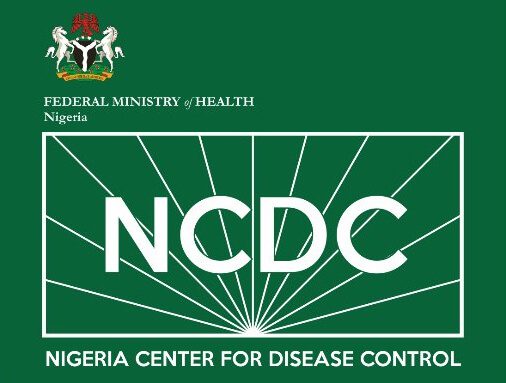


AMR threatens to reverse medical advances, push millions into poverty—-NCDC
The Nigeria Centre for Disease Control and Prevention (NCDC) says Antimicrobial Resistance (AMR) is poised to become one of the greatest threats to global health.
The NCDC said that it could push millions into extreme poverty, reverse decades of medical progress, and cause millions of deaths annually.
Dr Jide Idris, Director-General, NCDC, said this on the side event on AMR at the 79th United Nations General Assembly (UNGA79), organised by the Management Science for Health (MSH).
The Newsmen, reports that AMR occurs when bacteria, viruses, fungi and parasites change over time and no longer respond to medicines, making infections harder to treat.
It increases the risk of disease spread, severe illness and death, according to the World Health Organisation (WHO).
WHO estimates that AMR could lead to as many as 10 million deaths per year by 2050 if no effective measures are taken to address it.
With a projected population of over 400 million by 2050, Nigeria’s success in fighting AMR is vital to mitigating its dire consequences.
Idris said that urgent action was needed to combat this growing crisis, as it endangered both lives and livelihoods worldwide.
According to him, AMR is driven by various factors, including the global use and misuse of antibiotics in both human and animal health.
He said that it is also driven by lack of access to clean water and sanitation, inadequate infection prevention measures and weak surveillance systems.
“To effectively address AMR, we must recognise that this crisis spans multiple sectors. Collaboration between health, agriculture, environment and industry is essential.
“Adopting a one health approach that unites these sectors is critical for ensuring a holistic response,” he said.
He highlighted Nigeria’s National Action Plan on AMR, as part of its commitment to addressing the issue of AMR within the country.
“It reflects our determination to integrate AMR interventions into broader health development and security frameworks,” he said.
“Our four-point agenda reflects this comminvest.
“We are investing in modernising healthcare facilities to enhance AMR surveillance and treatment capabilities, improving diagnostics and integrating data systems for better tracking of resistance patterns.
“Enhancing laboratory capacity for surveillance is one of the cornerstones of an effective AMR response.
“Surveillance is critical for understanding the spread of antimicrobial resistance and informing evidence-based policies,” he said
He explained that through the NCDC, Nigeria had made significant strides in improving diagnostic laboratory networks to enhance ability to track and monitor AMR, and also improve early detection of outbreaks.
He said that there was an urgent need for a coordinated approach to address AMR, describing it as a global development challenge.
He said that achieving universal health coverage was one of the important steps in combating AMR.
“Without access to healthcare, many individuals will resort to inappropriate informal treatments, including the misuse of antibiotics, which has led to the spread of resistance.
“In Nigeria, we are working to ensure that access to quality healthcare is the right of all citizens, and not a privilege to the few.
“Expanding universal health coverage means that more Nigerians will have access to proper diagnosis and proper use of antibiotics and timely interventions for infections.
“Furthermore, this strategy is the primary healthcare system, which is critical for reducing the burden of infectious diseases and preventing unnecessary antibiotic use.
“A resilient supply chain is essential for ensuring the availability of quality antibiotics and diagnostics while preventing the circulation of substandard or counterfeit medicines,” he said.
The NCDC boss said that improving the supply chain was a critical element in the fight against AMR, adding that the Nigerian government is working to strengthen pharmaceutical distribution systems.
“We are also enhancing oversight and regulation of antibiotic sales to prevent misuse and restrict access to restricted drugs,” he said.
NAN recall that AMR occurs when microbes evolve to resist drugs meant to treat them.
While AMR naturally happens over time, it is now accelerating due to the misuse and overuse of antibiotics in healthcare, agriculture, and veterinary practices.
This misuse not only makes antibiotics less effective but could also lead to common infections becoming untreatable.
AMR causes 700,000 deaths globally each year, a number that could rise to 10 million by 2050.
Additionally, the uncontrolled disposal of antimicrobials contributes to environmental contamination and further spreads resistance.
Addressing AMR requires behaviour change, informed by gender-sensitive research, as gender influences access to healthcare and prescribing patterns.
Studies show that women may be more likely to receive unnecessary antibiotics in some contexts, while men are more prone to AMR infections due to behaviours like inadequate handwashing.
Gender norms and inequalities play a key role in shaping behaviours that drive AMR, making it essential to integrate gender into AMR interventions for more effective solutions.



